Q-and-A: NJ Insurance Exchange To Begin Enrollment
Uninsured New Jersey residents can begin choosing from health plans Tuesday through an online insurance exchange that is one of the major components of President Barack Obama's health insurance overhaul.
Here is a look at what it means and how it will work.
Q. What is the exchange?
A. It's an online marketplace where eligible residents can enroll in health insurance plans. Many will be eligible for subsidies. Starting next year, many people without health insurance will be subject to tax penalties. Gov. Chris Christie has declined to have the state run its own exchange, so the one here is among the 36 being administered by the federal government.
Q. How many New Jersey residents are expected to sign up?
A: New Jersey has about 1.3 million uninsured residents. By some estimates, about 900,000 of them would be eligible for the exchange, but the number could be in flux as some companies steer retirees or part-time workers to the exchange.
Q: Can other uninsured people get coverage?
Some can as New Jersey expands Medicaid eligibility starting Jan. 1, a change expected to add 100,000 to 300,000 to the roles of that program. People living in the United States without legal permission are not eligible for coverage through Medicaid or the exchanges.
Q: Which insurers are offering plans on the New Jersey exchange?
A: After Aetna dropped out last month, it left Horizon Blue Cross Blue Shield of New Jersey — the state's largest insurer — along with AmeriHealth and Health Republic Insurance of New Jersey in the state's exchange.
Q: What will the plans look like?
A: Exact details have not been made public. But under the law, there's a list of services that the plans must cover and there are four levels of plans — bronze, silver, gold and platinum — that cover varying percentages of expected health care costs, ranging from 60 percent under bronze to 90 percent under platinum.
Additionally, adults under 30 and some others with low incomes will be offered low-priced but high-deductible plans designed to cover catastrophic health issues.
Q: How much will the coverage cost?
A: The price tag will vary depending on the details of each specific plan, the age of the customer and the number of people in the family. But a federal report released last week said the average price for the silver plan would be $382 and for a bronze plan $332 per month.
According to a federal report last week, a 27-year-old with only catastrophic coverage would pay $186 per month and a family of four with a mid-range plan would pay $943.
But those are the prices for high earners. Anyone making less than four times the poverty threshold — up to $94,000 for a family of four — would get a federal subsidy. For instance, a family of four would pay $282 per month after the assistance for a mid-range silver plan. The family would have to pay more for a higher-range plan.
The costs, even without subsidies, are well below the typical cost for buying private health insurance in the state now. A U.S. Government Accountability Office report in July found the lowest-price plans available for a single 30-year-old cost nearly $200 monthly and half the plans cost more than $1,500. For a family of four, the cheapest plan was more than $1,000 monthly and the median was $4,500.
Q: How is word getting out about the plans?
A: There are federal grants totaling about $2 million for agencies to help connect people with the plans. That works out to a far smaller amount per uninsured person than states that are running their own exchanges are getting. Additionally, federally qualified health centers and the state Medicaid office have been awarded grants aimed at helping residents get enrolled for the new insurance offerings.
"Our big challenge is getting the word out to people so they can make the choices that are right for them," said Marion Lynch, a spokesman for the Food Bank of Monmouth and Ocean Counties, which received a grant to notify its clients and others about the exchange.
More From Beach Radio

![Obamacare Open Enrollment Begins Today [VIDEO/AUDIO]](http://townsquare.media/site/385/files/2013/09/Obamacare1.jpg?w=980&q=75)
![Deadline Passes for Federal Shutdown [VIDEO]](http://townsquare.media/site/385/files/2013/10/182568657.jpg?w=980&q=75)
![NJ’s Senate Dems Three-Pronged Plan to Legalize Gay Marriage [POLL/AUDIO]](http://townsquare.media/site/385/files/2013/09/gay-marriage.jpg?w=980&q=75)
![How is Bipartisanship Revived? [SERIES]](http://townsquare.media/site/385/files/2012/03/statehouse1.jpg?w=980&q=75)
![U.S. Senate Race Tightens in New Poll [AUDIO]](http://townsquare.media/site/385/files/2013/09/booker-lonegan-300x225.jpg?w=980&q=75)
![Sandy Nightmare Still Exists for Some NJ Residents [AUDIO]](http://townsquare.media/site/385/files/2013/05/156803668.jpg?w=980&q=75)


